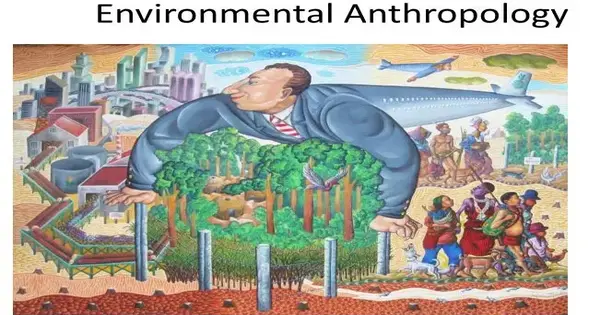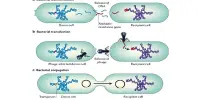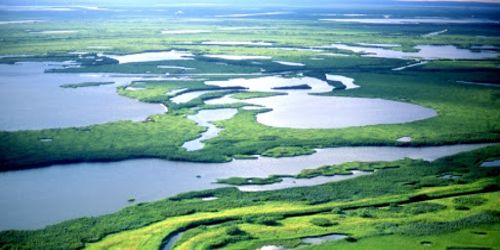Ecological anthropology is a branch of anthropology that studies the dynamic interactions between human societies and their surroundings. The study of relationships between a population of humans and their biophysical environment is another definition of the sub-field. This subfield of anthropology draws on a wide range of disciplines, including biology, ecology, archaeology, and cultural anthropology, to provide a comprehensive understanding of the complex relationships that exist between humans and their ecosystems.
The aim of its study is to investigate “how cultural beliefs and practices helped human populations adapt to their environments, and how people used elements of their culture to maintain their ecosystems”. It seeks to comprehend how human populations adapt to, shape, and impact their surroundings.
Ecological anthropology evolved from the cultural ecology approach, and it provided a conceptual framework that was more suitable for scientific investigation than the cultural ecology approach. This approach to research seeks to investigate a wide range of human responses to environmental problems.
Key concepts and areas of study within ecological anthropology include:
- Cultural Ecology: This approach examines how cultures adapt to their environments and how they utilize resources to meet their needs. It explores the ways in which human societies develop strategies to cope with ecological challenges.
- Human-Environment Interaction: Ecological anthropologists study the reciprocal relationship between humans and their environments. This includes how cultural practices, beliefs, and institutions influence the use of natural resources and, in turn, how environmental conditions shape cultural systems.
- Sustainable Development: Given the contemporary global concerns about environmental degradation and climate change, ecological anthropology plays a crucial role in addressing issues of sustainability. Researchers in this field explore ways to promote sustainable practices and lifestyles that minimize negative impacts on the environment.
- Ethnobiology: This subfield investigates how different cultures classify, use, and manage biological resources. Ethnobiologists investigate indigenous knowledge systems concerning plants, animals, and ecosystems, as well as how this knowledge contributes to sustainable resource management.
- Political Ecology: This viewpoint investigates the political and economic structures that shape environmental policies and practices. Political ecologists investigate how power dynamics shape resource distribution and access to environmental benefits and burdens.
Ecological anthropology contributes to our understanding of the complex interplay between human societies and the environments they inhabit by integrating insights from various disciplines. It also sheds light on how societies can develop sustainable practices to address today’s environmental challenges.
















